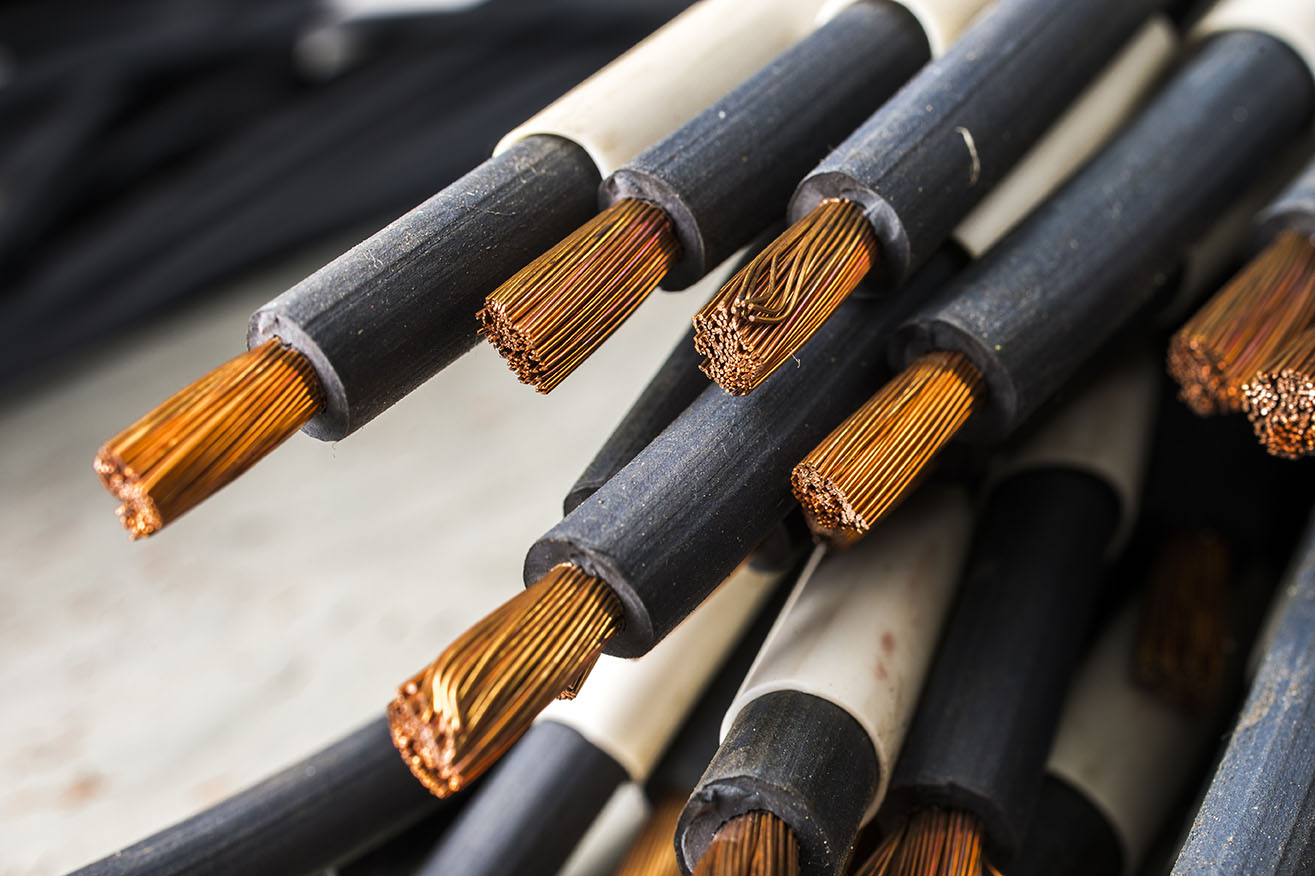
insulator
Definition
An insulator is a material that does not conduct electricity or heat very well. This means that electrons do not flow easily through insulators.
Insulators are made of atoms that have a full outer shell of electrons. This makes it difficult for electrons to move from one atom to another, which is what allows electricity to flow.
Insulators are used in many different ways, including:
- To protect people from getting shocked by electricity.
- To keep heat in or out of things, such as houses and refrigerators.
- To make electrical cables and wires.
- To make clothes that are warm in the winter and cool in the summer.
Insulators are an important part of our everyday lives. They help to keep us safe, comfortable, and connected.
How can the word be used?
The builder used fiberglass insulation to keep the house warm in the winter.

Different forms of the word
Noun: An insulator is a material that does not conduct electricity or heat well. For example, rubber is an insulator.
Adjective: Insulating means preventing the flow of electricity or heat. For example, an insulating material is a material that prevents the flow of electricity or heat.
Etymology
The word "insulator" comes from the Latin word "insulāre", which means "to make into an island". This is a very accurate description of the meaning of the word "insulator", as it refers to a material that prevents the flow of electricity or heat, like an island prevents the flow of water.
Question
What is an insulator?
AQA Science Exam Question and Answer
Question:
Discuss the concept of thermal insulation and the role of insulators in preventing heat transfer, explain how materials with low thermal conductivity are used to conserve energy and maintain comfortable indoor environments, and provide real-world examples of insulators and their applications.
Answer:
Thermal insulation is a fundamental concept in the realm of heat transfer. Insulators are materials that resist the flow of heat, serving as barriers to prevent the transfer of thermal energy between objects of differing temperatures.
Materials with low thermal conductivity are excellent insulators. These substances impede the movement of heat through conduction, convection, and radiation. Insulators are crucial in various applications to conserve energy and create comfortable indoor environments.
For example, in buildings, insulating materials such as fibreglass, foam, and cellulose are used to minimise heat loss during winter and heat gain during summer. This reduces the need for excessive heating or cooling, thus conserving energy and lowering utility costs.
Thermos bottles utilise insulating materials to keep liquids hot or cold for extended periods. The vacuum between the inner and outer layers of the bottle minimises heat transfer by conduction and convection.
In the context of electrical systems, insulators are vital to prevent energy loss and ensure safety. Rubber and plastic are commonly used to coat wires and cables, preventing the flow of electric current and reducing the risk of electrical shocks.
In summary, insulators are materials that play a critical role in preventing heat transfer. Their application in buildings, everyday objects like thermos bottles, and electrical systems underscore their significance in energy conservation, creating comfortable environments, and ensuring safety in various contexts.